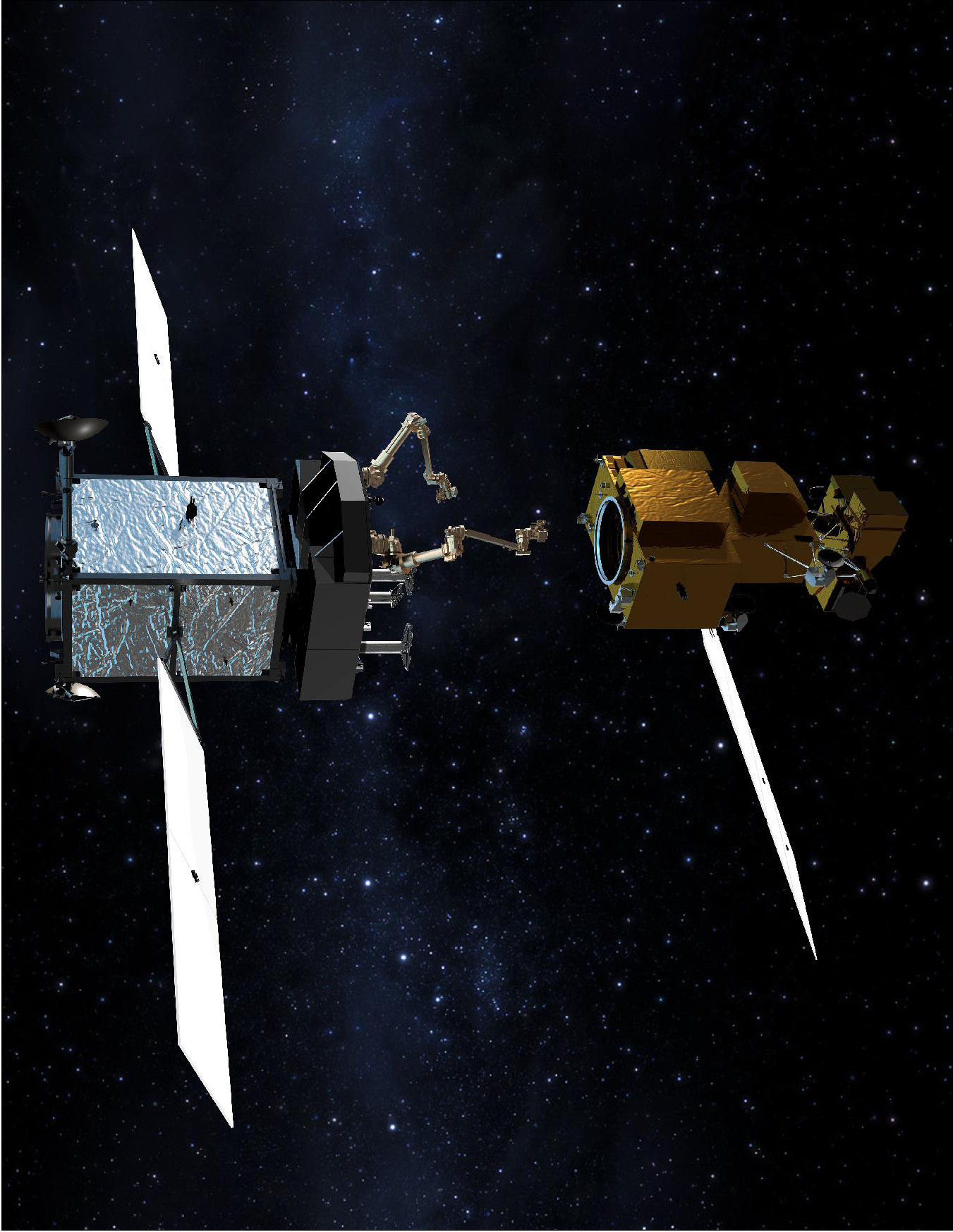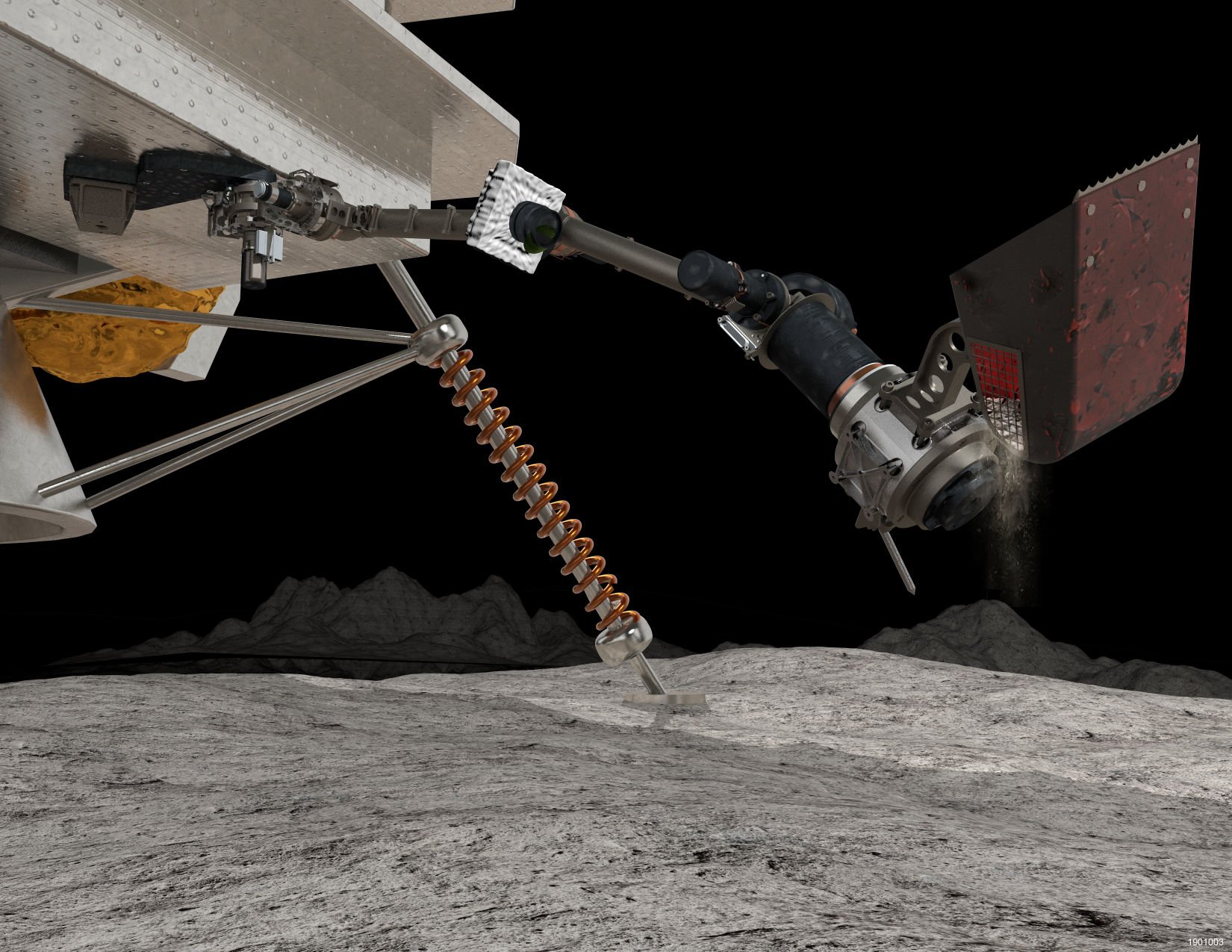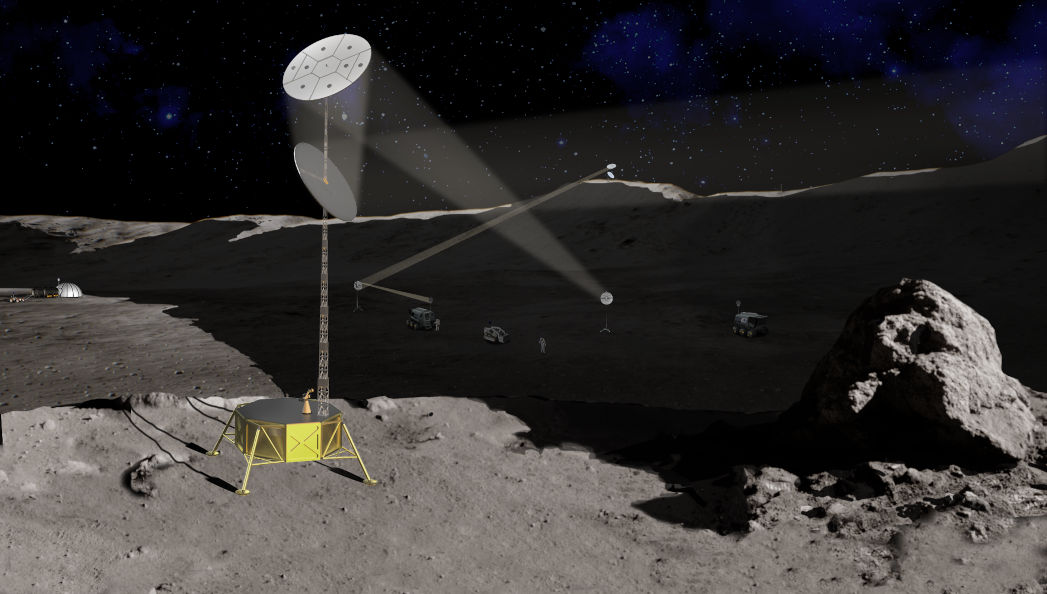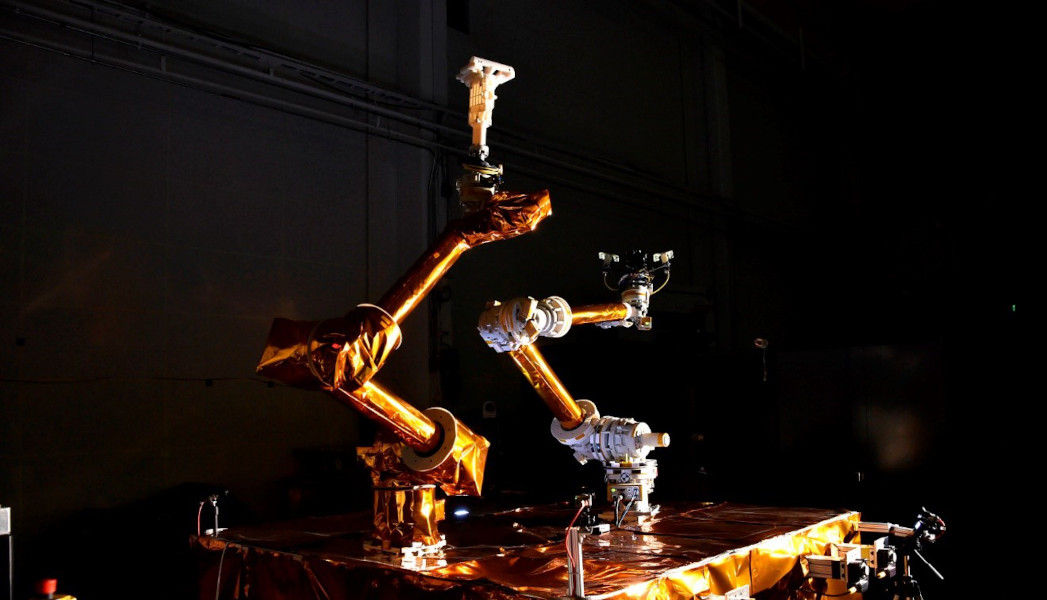
A New Era in Space Operations
As humanity expands its reach within and across space, the ability to robotically assemble, service and manufacture assets in space is increasingly essential for safety and sustainability.
For more than two decades, Maxar Space Systems’ robotics have empowered innovative commercial and government programs, including robotic arms on six of NASA’s Mars rovers and landers, which rely on Maxar robotic arms to dig, drill, sample and explore the Martian surface.
Video: SPIDER demonstration at Maxar’s Pasadena Facility, November 2022.


